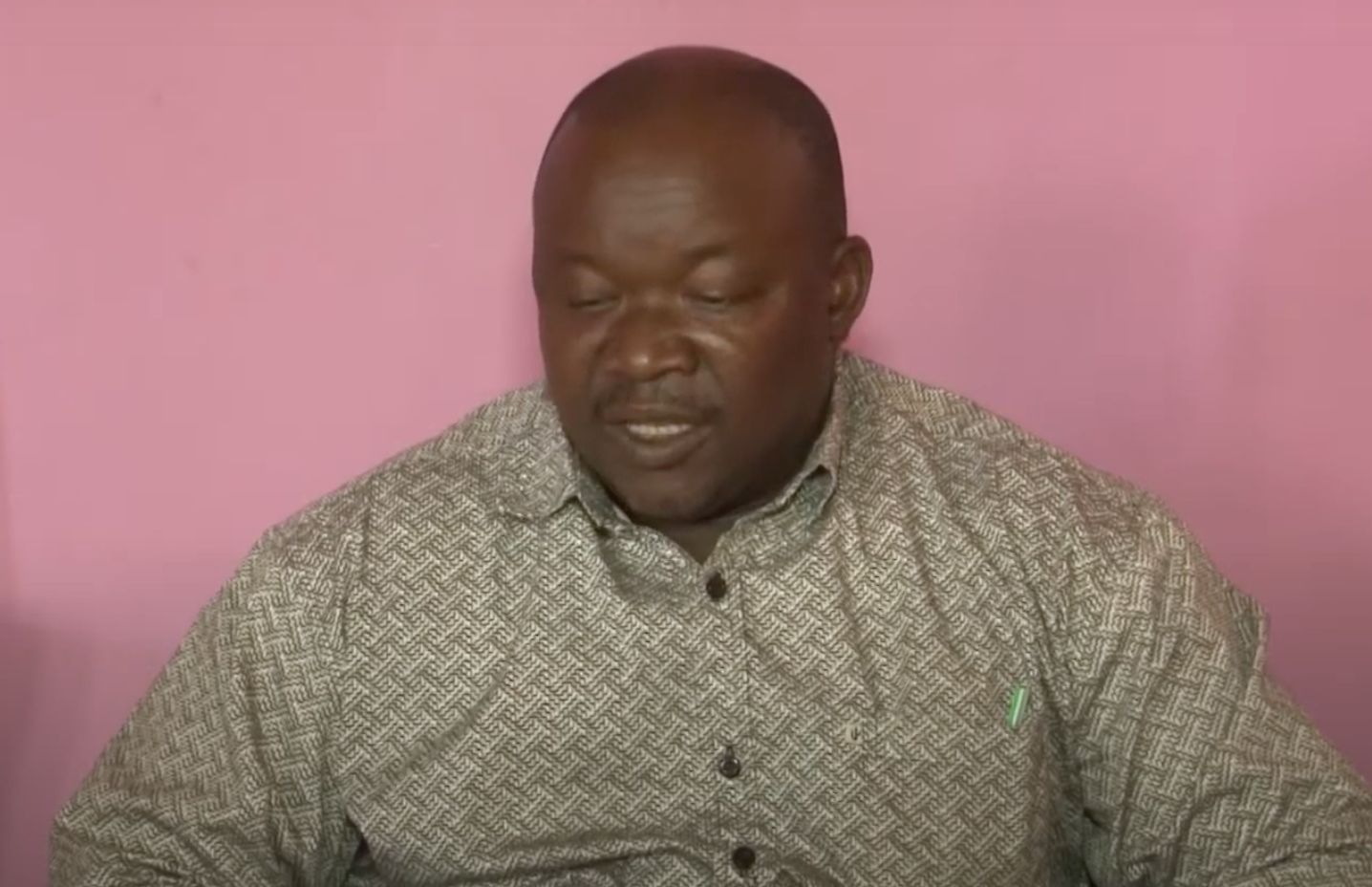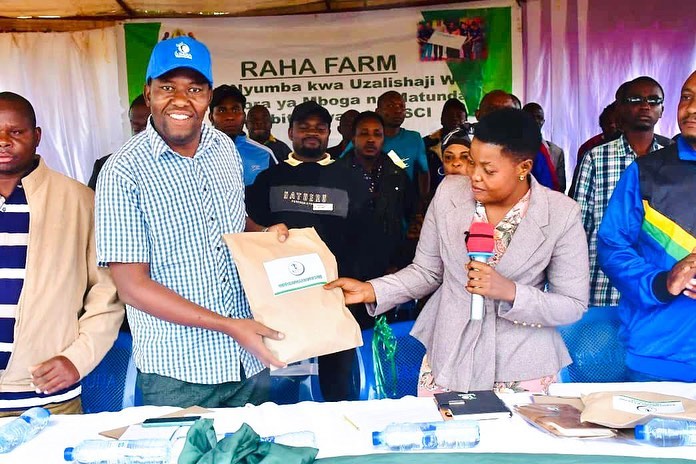Investing in Soil Health: CABI’s User Testing on GAIA Dashboard in Tanzania
As the world shifts towards digital development, the potential of using technology to enhance agricultural productivity, address key issues like soil health, and provide vital tools to farmers and agricultural stakeholders alike realisation is on sight.
CABI (the Centre for Agriculture and Biosciences International) is trialling innovative digital tools in Tanzania, Ethiopia, and Rwanda to enhance maize productivity. This initiative forms part of the Guiding Acid Soil Management Investments in Africa (GAIA) dashboard, an effort spearheaded by the International Maize and Wheat Improvement Center (CIMMYT).
Henry Mibei, CABI’s Manager for Digital Development, journeyed to Dar es Salaam and Dodoma in Tanzania to conduct user testing on the GAIA dashboard. This tool is designed to fill critical knowledge voids regarding soil health and agronomy. It is a potent resource for public and private entities, guiding investments towards establishing agricultural lime value chains in the selected nations. The Bill & Melinda Gates Foundation (BMGF) funds the project.
The GAIA dashboard provides a graphical user interface that characterizes soil acidity levels and their spatial distribution across sub-Saharan Africa. This data is based on cropland area, rural population, and the value of agricultural production affected. It also provides explicit spatial information regarding the likely returns on investment for farmers who invest in agricultural lime.
Sub-optimal soil health is a leading cause of low maize productivity in sub-Saharan Africa, with soil acidity playing a significant role due to its impact on crop yields. Soil acidity is particularly consequential in Ethiopia, where studies have revealed its substantial effect on crop productivity, thus underscoring the urgency of managing acid soils for the nation’s food security.
To address this issue, farmers may utilize liming – a practice where lime is applied to fields to elevate the pH level. The quantity of lime used hinges on the crop, soil type, and the quality of available lime. Liming has multiple benefits, such as enhancing nitrogen fixation in legume nodules, thereby boosting yields.
Mr Mibei’s user testing followed a top task survey conducted between November and December 2022 to ascertain the key tasks users will likely perform with the GAIA dashboard. Areas identified for improvement included content optimization for quicker reports and improved dashboard performance.
In its final year of implementation, the GAIA project integrates agronomy, economics, social science, and business modelling to guide rehabilitation investments in acidic soils. The project relies on soil data from Innovative Solutions for Decision Agriculture (iSDA) Africa and data generated by the project.
In its capacity, CABI manages the data aspect of the GAIA project, facilitating the data flow and supporting a strategy for sustainable access to GAIA’s outputs. As part of this role, CABI was tasked with conducting user-focused research to understand how GAIA outputs can be transformed into knowledge products and to aid in the user testing the GAIA dashboard.


